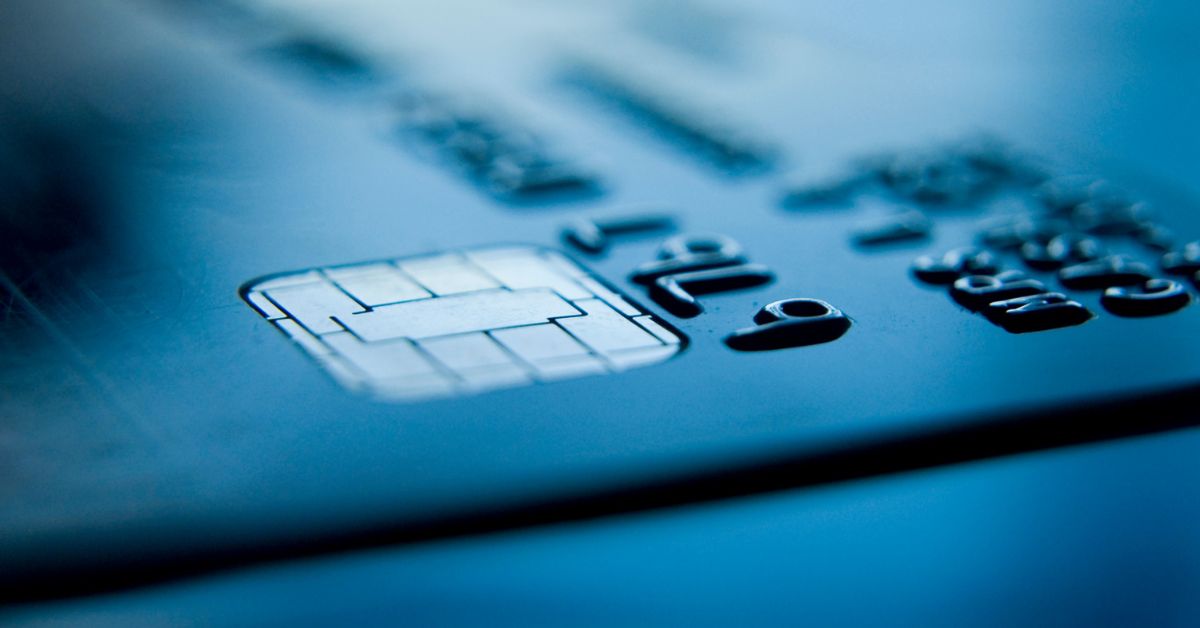What Does It Mean To Have Multiple Lines of Credit?

Managing personal or professional finances can be overwhelming when funds are scarce. That’s where lines of credit come in handy.
Whether you’re looking to improve your credit history or scale your business, it’s essential to understand what it means to have multiple lines of credit and how to use them.
Defining a Line of Credit
A line of credit is an arrangement between a borrower and a financial institution such as a bank or credit union. It allows the borrower to access funds on an as-needed basis up to a predetermined credit limit. This arrangement offers more flexibility than a traditional loan, as you’re able to use only the funds you need and pay interest only on what you borrow.
How Do Loans Differ?
It’s easy to assume that items such as car loans act as lines of credit. While car loans affect your credit score, they are considered installment loans that you pay back over a predetermined period of time. There are a fixed number of payments required to complete the loan repayment.
Lines of credit are revolving accounts. Borrowers draw, repay, and redraw from available funds continuously, as needed. There isn’t a predetermined repayment timeline. This form of credit is very flexible.
The Types of Lines of Credit
Personal Line of Credit
A personal line of credit is unsecured, and you can use it for any purpose, such as covering unexpected costs or consolidating debt. You have the freedom to pay off your balance at a pace that suits your financial situation.
HELOC
Your home’s value secures a home equity line of credit (HELOC), and you can use it for large expenses such as home renovations or education costs. It offers potentially lower interest rates than other types of credit because your home, a financially valuable asset, supports it.
Business Line of Credit
Business lines of credit are specifically for business owners. They’re ideal for managing cash flow, purchasing equipment, or funding other business-related expenses.
The Impact on Your Credit Score
Your credit score is an essential factor when it comes to qualifying for loans and credit. Multiple lines of credit can impact your credit score both positively and negatively, depending on how you use them.
When managed responsibly – having low balances and making timely payments – multiple lines of credit can maintain or improve your credit score. The financial institution of your choosing may also increase your credit limit with these positive behaviors.
On the other hand, opening several accounts in a short period or failing to manage them responsibly can lead to a decreased credit score. Credit bureaus view these behaviors as a risk to future lenders.
Quick Strategies for Managing Multiple Lines of Credit
Having multiple lines of credit to your name requires diligence and responsibility. After reading about what it means to have multiple lines of credit, perhaps it’s the right financial route for you. The following quick tips can get you started on this journey.
- Prioritize paying off high-interest debt first to save money on interest payments.
- Establish automatic payments to avoid late fees and credit score damage.
- Monitor your credit utilization. Keep it below 30% of your total credit limit.
- Regularly review your credit report to keep tabs on your credit history.




